Animal welfare: Methods to improve policy and practice
New methods are emerging to quantify human and animal welfare on a common scale, creating new tools for policy.
publications
Send us a link
New methods are emerging to quantify human and animal welfare on a common scale, creating new tools for policy.
China's government uses a variety of diplomatic tools to pursue its foreign policy aims including negotiating and signing formal bilateral science and technology.

Artificial intelligence (AI) is changing the way we create and evaluate information, and this is happening during an infodemic, which has been having marked effects on global health.
Yue Xiong is a microbiologist who emigrated to the United States from China to complete his doctorate in 1989. He is the chief scientific officer of pharmaceutical company Cullgen and was a professor of biochemistry and biophysics at University of North Carolina at Chapel Hill. This article follows Yue Xiong’s quest for education and is based on an interview from the Science History Institute’s oral history archive conducted in 2000 by historian William Van Benschoten.

With each IPCC report, the science basis around climate change increases extensively in terms of scope, depth, and complexity. In converting this knowledge into societal climate action, research organisations face the challenge of reforming themselves.
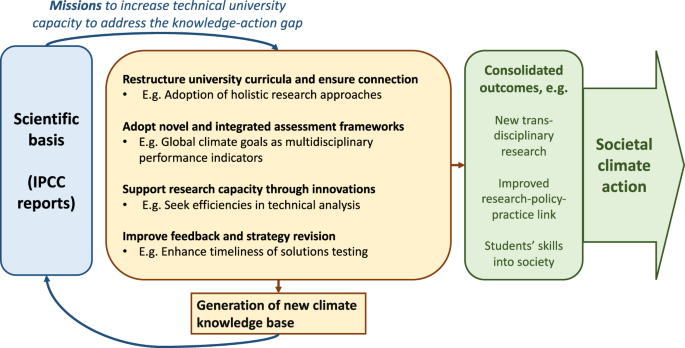
There is a debate on shifting research away from biomedical treatments towards health promotion and well-being. This study examines if research agendas are responsive to these demands in cardiometabolic and mental health.
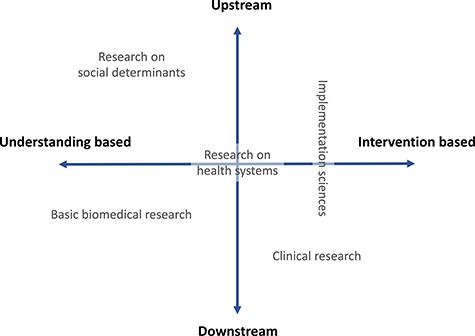

The early 1970s brought fundamental transitions in international scientific collaboration, many of which are still relevant today.
This study investigates which objectives Southern actors pursue in intergovernmental science organizations (IGSOs) and under which conditions they are likely to achieve their objectives.
While societies are facing complex problems involving multiple stakeholders and interdependencies, interest in collaborative governance as a potential solution is rising.
The current science system is unjust - from the systems that determine its membership to its outputs and outcomes. This article advocates for contextually responsive, collective action to build a more just science system.
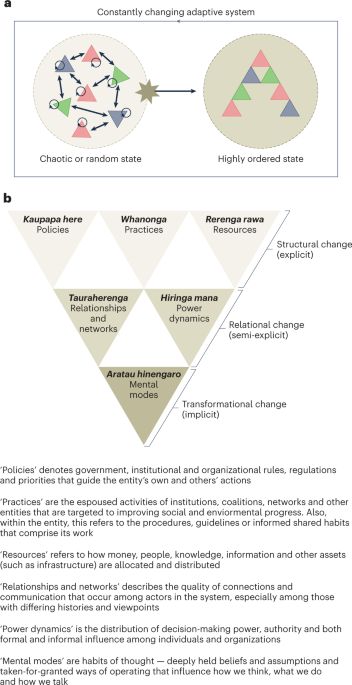
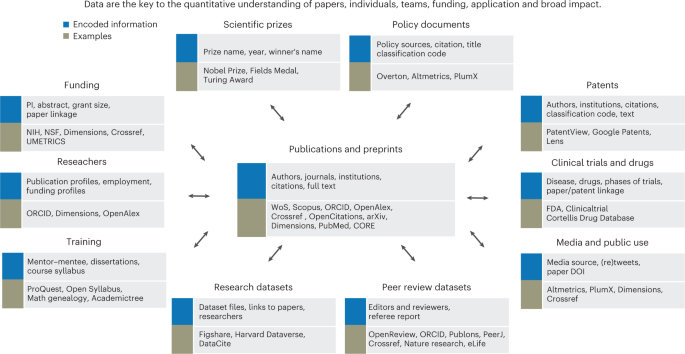
Many Big Science projects and networks experience conflict. Yet, so far, there is no theoretical model that explains which mechanisms connect conflict cause and outbreak in Big Science.
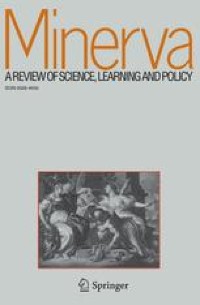
Funding agencies (FAs) have increasingly engaged in international cooperation agreements (ICAs) to encourage world-class research and achieve more promising outcomes in the context of increasing competition for research resources. While the benefits of International Research Collaboration are largely supported by literature, less attention was paid to the influence of ICA on scientific and technological outputs.

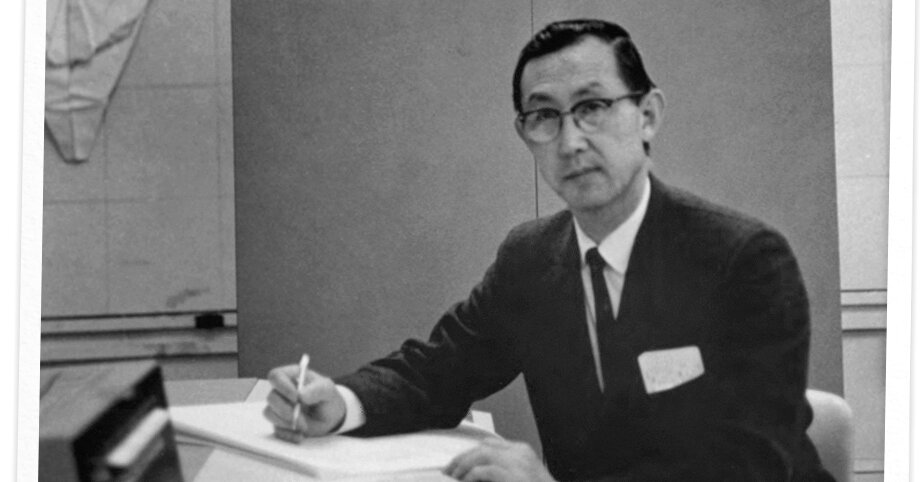
This article investigates the effect of financial and non-financial barriers on innovativeness.
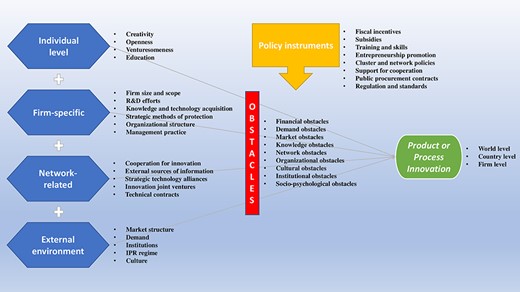
Open data sharing is critical for scientific progress. Yet, many authors refrain from sharing scientific data, even when they have promised to do so.
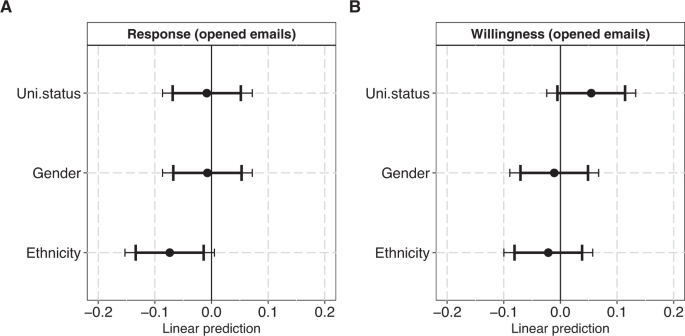
Science requires data, and survey research is one important means of gathering it. Surveys provide a scientific way of acquiring information that is used to inform policy decisions, guide political campaigns, clarify the needs of stakeholders, enhance customer service, help society understand itself

Behavioural science is increasingly used in the public and private sectors, but it has been subject to several criticisms. This Perspective proposes a manifesto for behavioural science, addressing these criticisms and describing a way forward for the field.
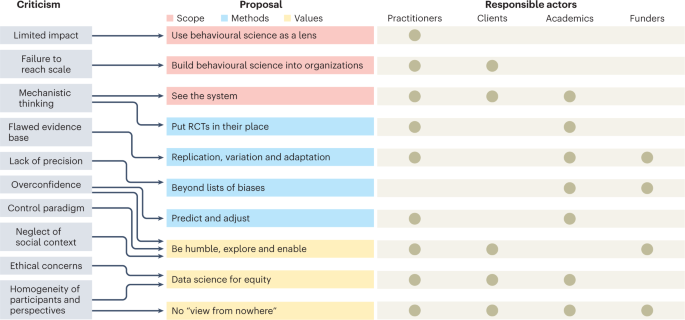
During the past decade, the study of English and history at the collegiate level has fallen by a full third. Humanities enrollment in the United States has declined over all by seventeen per cent. What’s going on?
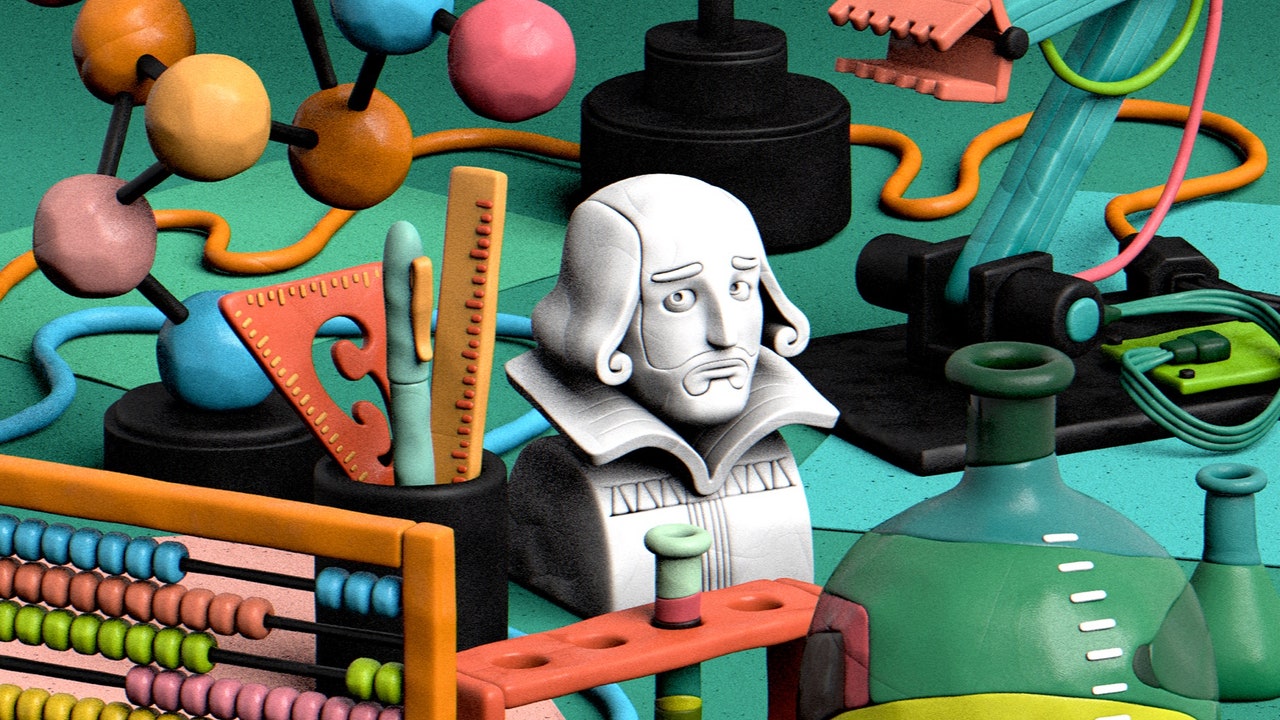
This study aims to review the open science (OS) policy documents, identify their subject areas, and distinguish the topics of OS support policies in seven European countries, providing a platform for practical cooperation between countries in science popularization.

Podcast: Nature's experts delve into Twitter.
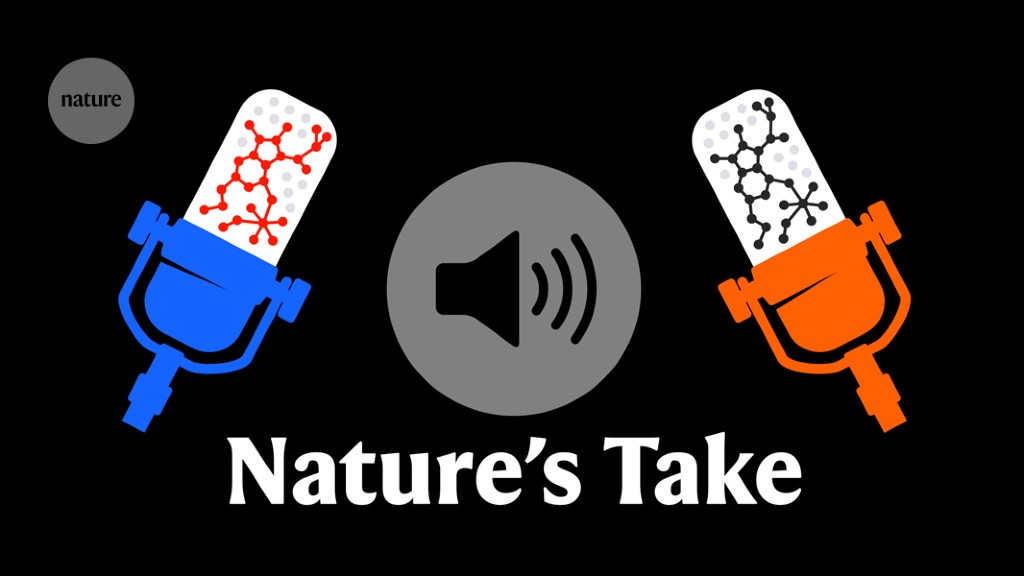
Can science papers be more transparent with respect to who thought of each idea, who ran each experiment, and who analysed the data?
High-quality research requires appropriate employment and working conditions for researchers. However, many academic systems rely on short-term employment contracts, biased selection procedures and misaligned incentives, which hinder research quality and progress. We discuss ways to redesign academic systems, emphasizing the role of permanent employment.
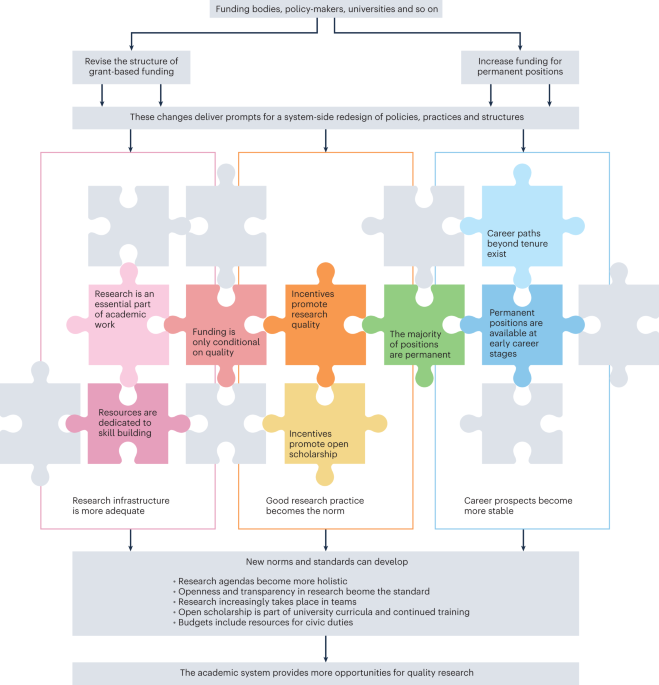
Universities must change so that the scientific enterprise can respond to the climate crisis.